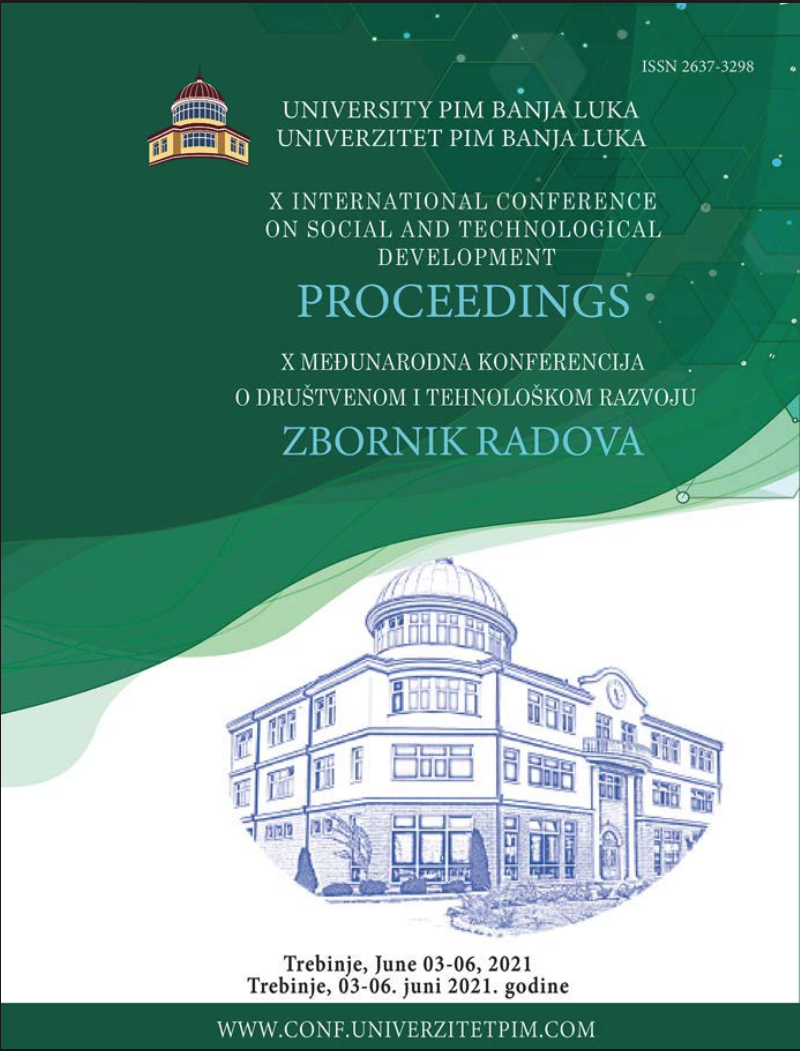
This is an open access article distributed under the Creative Commons Attribution License which permits unrestricted use, distribution, and reproduction in any medium, provided the original work is properly cited.
Faculty of Law, University of Kragujevac , Kragujevac , Serbia
Faculty of Law, University of Kragujevac , Kragujevac , Serbia
In the course of his life an individual has the right to self-determination and other constitutionally guaranteed personal rights that have to be respected during medical procedures. After death, his personality extinguishes, but his body, from the medical point of view, remains relevant out of, at least two reasons: 1) as a potential source of transplant organs; 2) as a corpse to be used to study anatomy at medical schools. And, while much has been said about cadaveric organ transplant, the second issue has not evoked much interest in the theory of medical law – although it represents quite a complex topic, as much significant as the first mentioned. On one hand, the education of future medical workers is of vital interest for the society and cannot be imagined without practical exercises on cadavers. On the other hand, there is the issue of pious treatment of the corpse, which also should be accounted for as both personal and public interest. In this paper the authors analyze the regulations related to acquiring cadavers for performing practical medical exercises at anatomy classes in Serbia and the countries in the region in order to determine whether the balance between the above mentioned interests have been reached, or maybe one of them has been unjustifiably favored. In that context they attempt to respond to the question who has the right to deceased body and the right to decide what will be its destiny. The results of these analyses are given in the form of recommendations for the modification of examined regulations not only for the purpose of finding the best balance between the aforementioned interests, but also in order to open the path for an easier way of obtaining cadavers used for the educational purposes.
legal destiny of a deceased body, obtaining cadavers for anatomy classes, preserving pious treatment of the corpse, medical law
The statements, opinions and data contained in the journal are solely those of the individual authors and contributors and not of the publisher and the editor(s). We stay neutral with regard to jurisdictional claims in published maps and institutional affiliations.